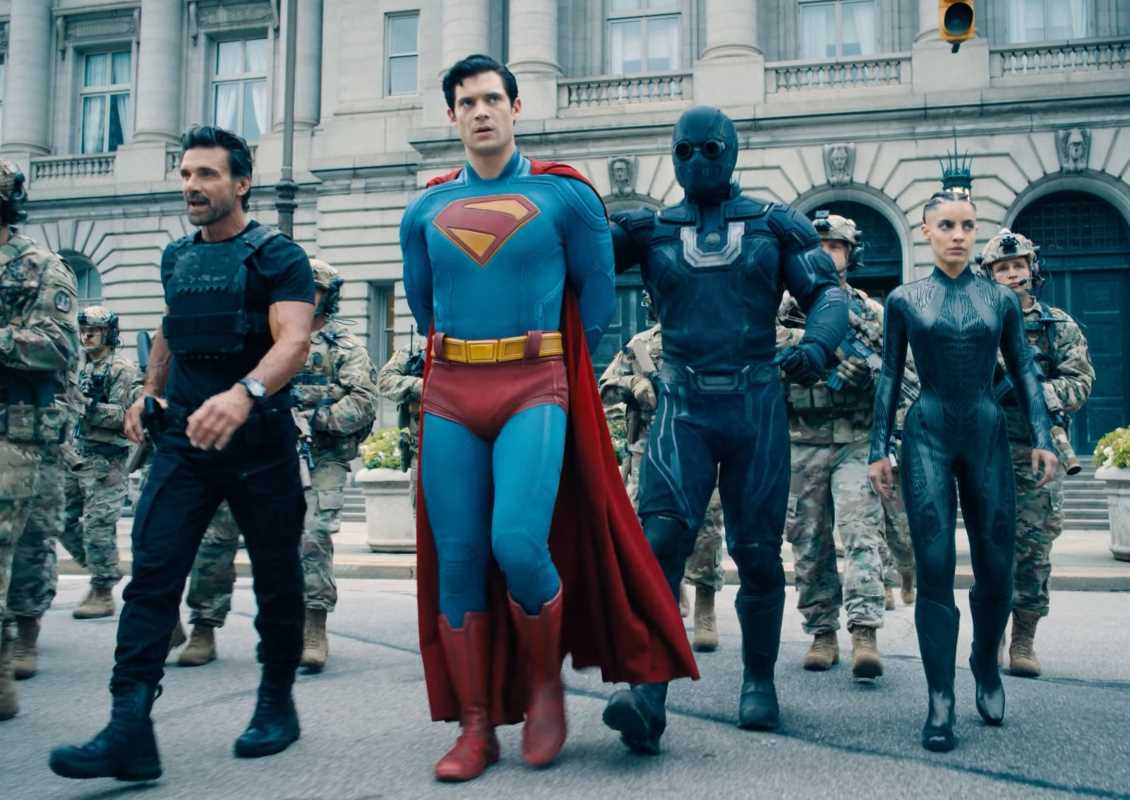Animated films have a magical way of capturing our attention. They whisk us away to colorful worlds, introduce us to lovable characters, and leave us with unforgettable memories. But beneath the charm and humor, many animated films tackle surprisingly deep topics, delivering social messages that resonate with viewers of all ages. From addressing environmental issues to exploring themes like acceptance, equality, and kindness, these movies prove that animation is far more than just entertainment for kids.
What makes animated films especially powerful is their ability to simplify complex issues while still leaving a strong emotional impact. Whether you’re watching with your family or as an adult re-living childhood favorites, these films have messages that stick with you long after the credits roll. Here, we’ll explore some of the best animated films that tackle tough social themes and how they’ve sparked meaningful conversations.
Animation and Social Commentary
Before we talk about the movies, it’s worth asking why animated films are so effective at conveying social messages. The answer lies in their universal appeal. Animation often uses bright colors, imaginative settings, and humor to hook audiences. Once engaged, viewers are more open to absorbing deeper lessons, reaching audiences across generations. While children enjoy the fun visuals and stories, adults often notice the underlying themes. Because animation feels playful and non-threatening, it can tackle serious topics in ways that live-action films might struggle to do without becoming preachy or heavy-handed.
Films That Tackle Social Issues
1. Zootopia (2016): Prejudice and Stereotyping
At first glance, Zootopia seems like a fun buddy cop movie about a rabbit police officer and her fox sidekick. But dig a little deeper, and you’ll find a thoughtful exploration of prejudice, discrimination, and stereotypes. The city of Zootopia is divided into “predators” and “prey”—a distinction meant to mirror real-world biases. Through Officer Judy Hopps and Nick Wilde’s unlikely partnership, the film challenges viewers to question their assumptions about others.
Zootopia promotes the idea that individuals are more than the labels society assigns them. It teaches kids and adults alike to think critically about prejudice and how it shapes relationships and opportunities.
2. Wall-E (2008): Environmental Awareness
Few animated films deliver an environmental message as effectively as Pixar’s Wall-E. Set in a future where Earth has been buried under mountains of trash, the film follows a lonely robot tasked with cleaning up the planet. Through Wall-E’s adventures, the movie explores themes like consumerism, waste management, and humanity’s over-reliance on technology.
Wall-E reminds us of the importance of taking care of our planet and the dangers of environmental neglect. Its message is especially timely as conversations about climate change and sustainability continue to dominate global discourse.
3. Inside Out (2015): Mental Health and Emotional Awareness
Pixar’s Inside Out dives into the colorful world of a young girl’s emotions, personified as characters like Joy, Sadness, Anger, Fear, and Disgust. The movie shows how each emotion plays an important role in shaping who we are. It’s a powerful way of teaching audiences, especially children, that feeling sad, scared, or angry is normal and valid.
Inside Out opens up conversations about emotional health, helping viewers better understand their feelings and cope with life’s challenges. It’s become a go-to resource for parents and teachers to discuss mental health with young audiences.
4. Coco (2017): Family and Cultural Heritage
With its vibrant visuals and heartfelt story, Disney and Pixar’s Coco celebrates Mexican traditions and the importance of honoring one’s heritage. The film follows Miguel, a young boy who dreams of becoming a musician, as he journeys to the Land of the Dead. Through his adventure, Coco examines themes of family unity, forgiveness, and the value of cultural traditions.
Coco gives voice to an underrepresented culture in mainstream animation and encourages viewers to cherish their family bonds and respect their roots.
5. Spirited Away (2001): Consumerism and Environmentalism
Hayao Miyazaki’s Spirited Away is a hauntingly beautiful masterpiece from Studio Ghibli. While its enchanted bathhouse and rich world-building delight audiences, the film subtly critiques consumerism and greed. It tells the story of a young girl, Chihiro, who finds herself trapped in the spirit world while working to save her parents, who have been transformed into pigs after their overindulgence.
Beyond its fantasy, Spirited Away warns against materialism and emphasizes the importance of balance, respect, and harmony with nature.
6. The Lion King (1994): Responsibility and Leadership
A classic for good reason, Disney’s The Lion King teaches profound lessons about accountability, grief, and redemption. Simba’s struggle to accept his role as king after the death of his father touches on themes of responsibility and courage. Mufasa’s iconic words, “Remember who you are,” serve as a reminder of the power of self-belief and owning up to one’s destiny.
The Lion King inspires viewers to face their challenges head-on while emphasizing the importance of protecting one’s community.
7. Frozen 2 (2019): Environmental Justice and Facing the Past
Unlike its predecessor, Frozen 2 takes a deeper look at themes like environmental justice and reconciliation. Elsa and Anna’s quest reveals the harm caused by their ancestors to an indigenous tribe, and their mission teaches the importance of accountability and making amends.
The film connects emotional storytelling with ideas of environmental stewardship and historical responsibility, encouraging viewers to think critically about the impact of their choices.
8. The Iron Giant (1999): Fear of the “Other”
Set during the Cold War, The Iron Giant is about a boy who befriends a giant robot from outer space. The movie explores fear, prejudice, and the human tendency to treat the unknown as a threat. It’s a touching story about friendship and sacrifice, emphasizing the good that can come from understanding and acceptance.
The film challenges viewers to confront their biases and reflect on the consequences of fear-driven decision-making.
 (Image via
(Image via





